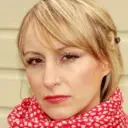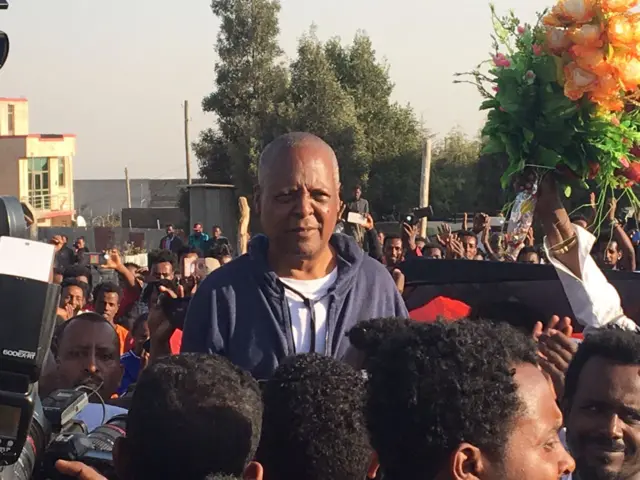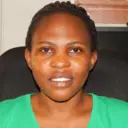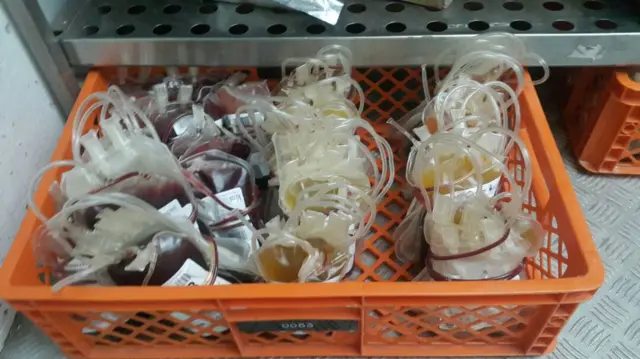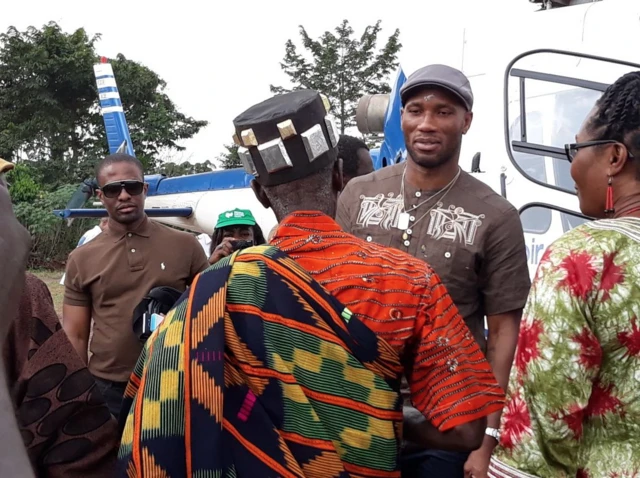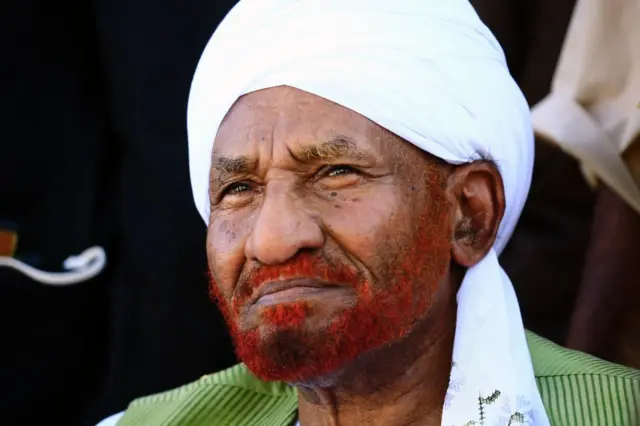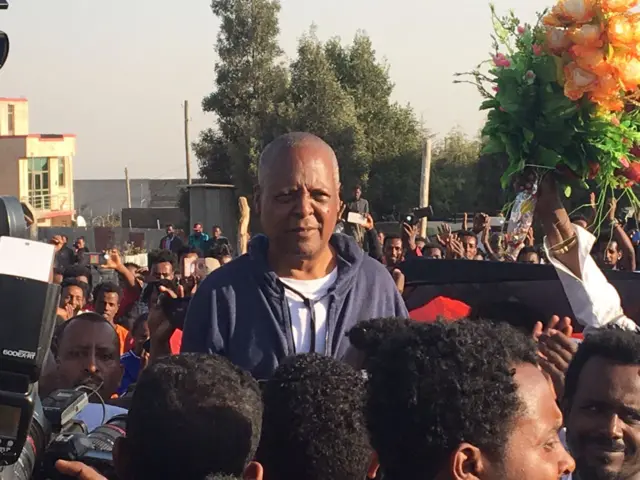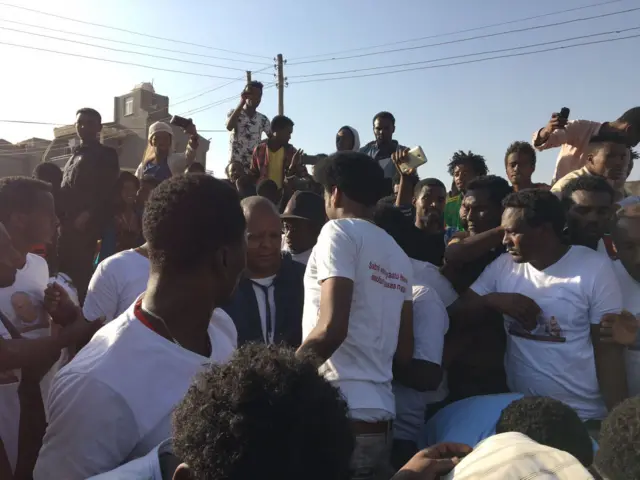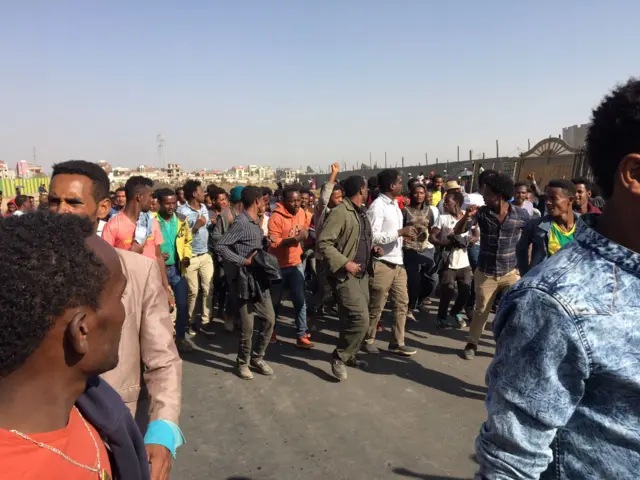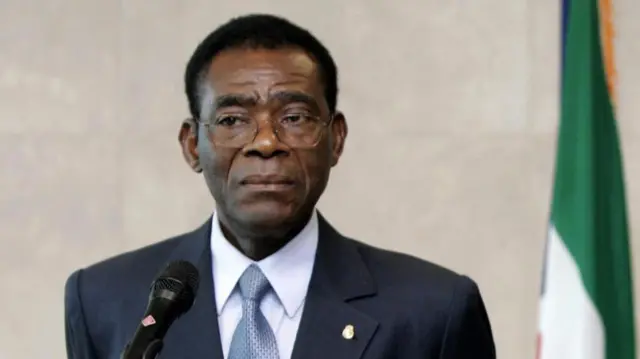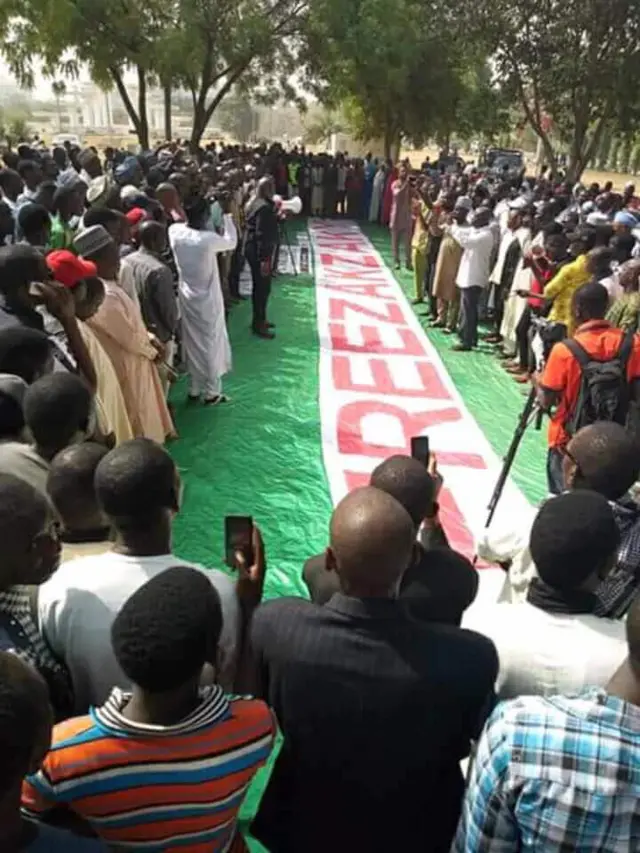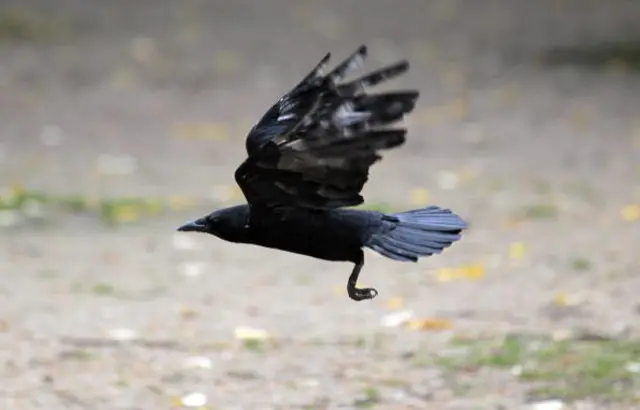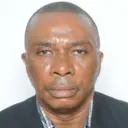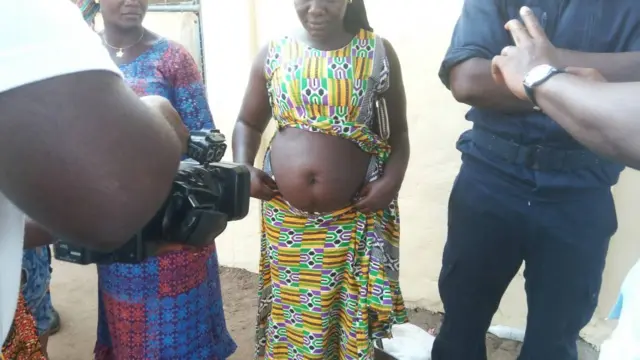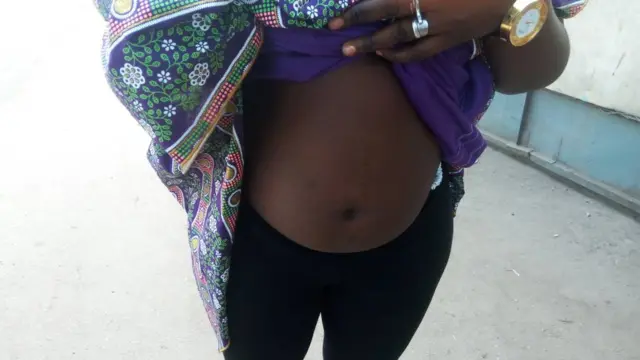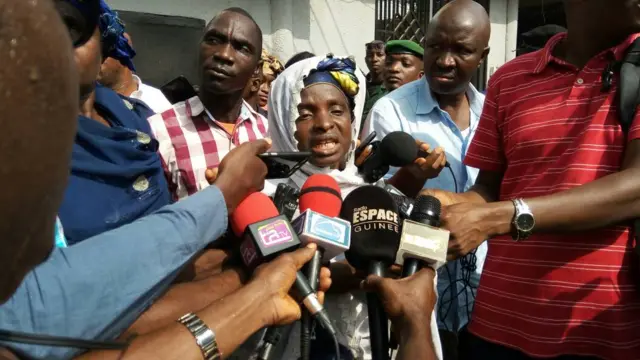Scroll down for Wednesday's storiespublished at 17:39 GMT 17 January 2018
We’ll be back tomorrow
That's all from BBC Africa Live today. Keep up-to-date with what's happening across the continent by listening to the Africa Today podcast or check the BBC News website.
A reminder of today's wise words:
Quote MessageA flat-bottomed calabash seats itself."
A Kikuyu proverb sent by John Heho in Lenexa, Kansas, US
Click here to send us your African proverbs.
And we leave you with this picture of Ethiopian women posing for a picture after their search for firewood.
Allow Instagram content?
This article contains content provided by Instagram. We ask for your permission before anything is loaded, as they may be using cookies and other technologies. You may want to read Meta’s Instagram cookie policy, external and privacy policy, external before accepting. To view this content choose ‘accept and continue’.
